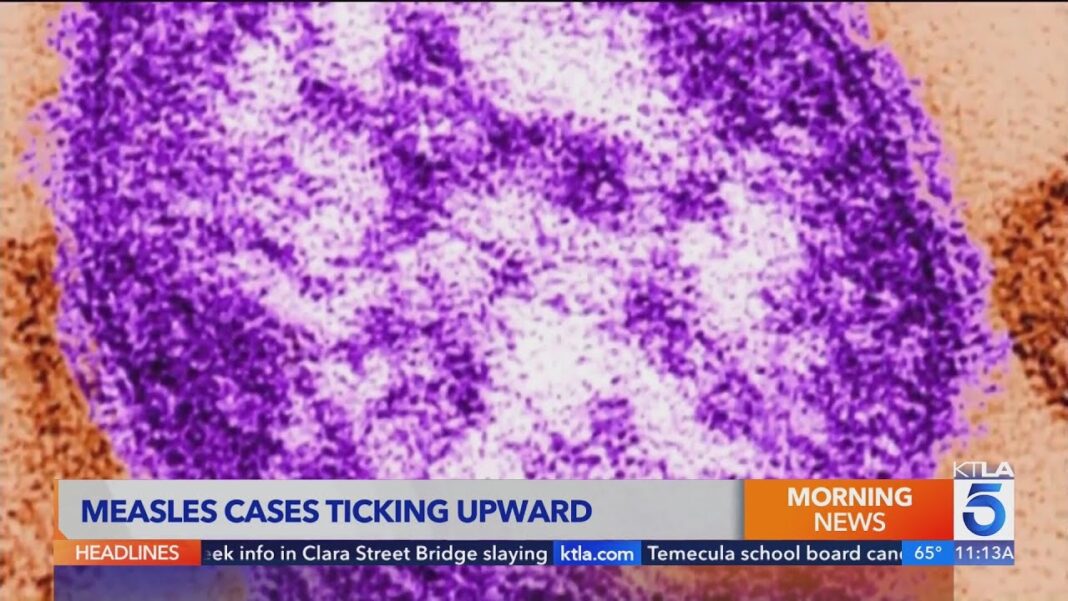The agreement will allow New York City to manage entries and exits of single adult migrants from the shelter system.
New York City has reached an agreement with the Legal Aid Society that will enable the city to limit the duration of stay for adult migrants in shelters amid an ongoing surge in new arrivals, according to the mayor.
The agreement essentially ends the blanket right to shelter for adult migrants after 30 days, allowing only those who meet “extenuating circumstances” to reapply on a case-by-case basis.
“Today’s stipulation acknowledges that reality and grants us additional flexibility during times of crisis, like the national humanitarian crisis we are currently experiencing,” Mayor Eric Adams said in a press release.
Mr. Adams said the city’s shelter system had fewer than 2,500 people in its care when “the Right to Shelter” law was enacted over 40 years ago, compared to the 120,000 people today, 65,000 of which are migrants.
“New York City has led the nation in responding to a national humanitarian crisis, providing shelter and care to approximately 183,000 new arrivals since the spring of 2022, but we have been clear, from day one, that the ‘Right to Shelter’ was never intended to apply to a population larger than most U.S. cities descending on the five boroughs in less than two years,” he added.
The settlement applies only to adults seeking shelter and does not impact families with children. Young adults, under the age of 23, will be granted 60 days of shelter.
Additional time can be granted if there is evidence of “significant efforts to resettle,” which can include making an appointment with an immigration lawyer, applying for a resettlement program, or providing proof that they’re searching for housing.
The agreement also requires that the city eliminates the backlog of new arrivals who have been forced to wait many days for another bed when reapplying for placement.
The city also agreed to eliminate the use of waiting rooms as shelters and provide consistent access to bathrooms, showers, and food, according to a statement by the Legal Aid Society and the Coalition for the Homeless.






